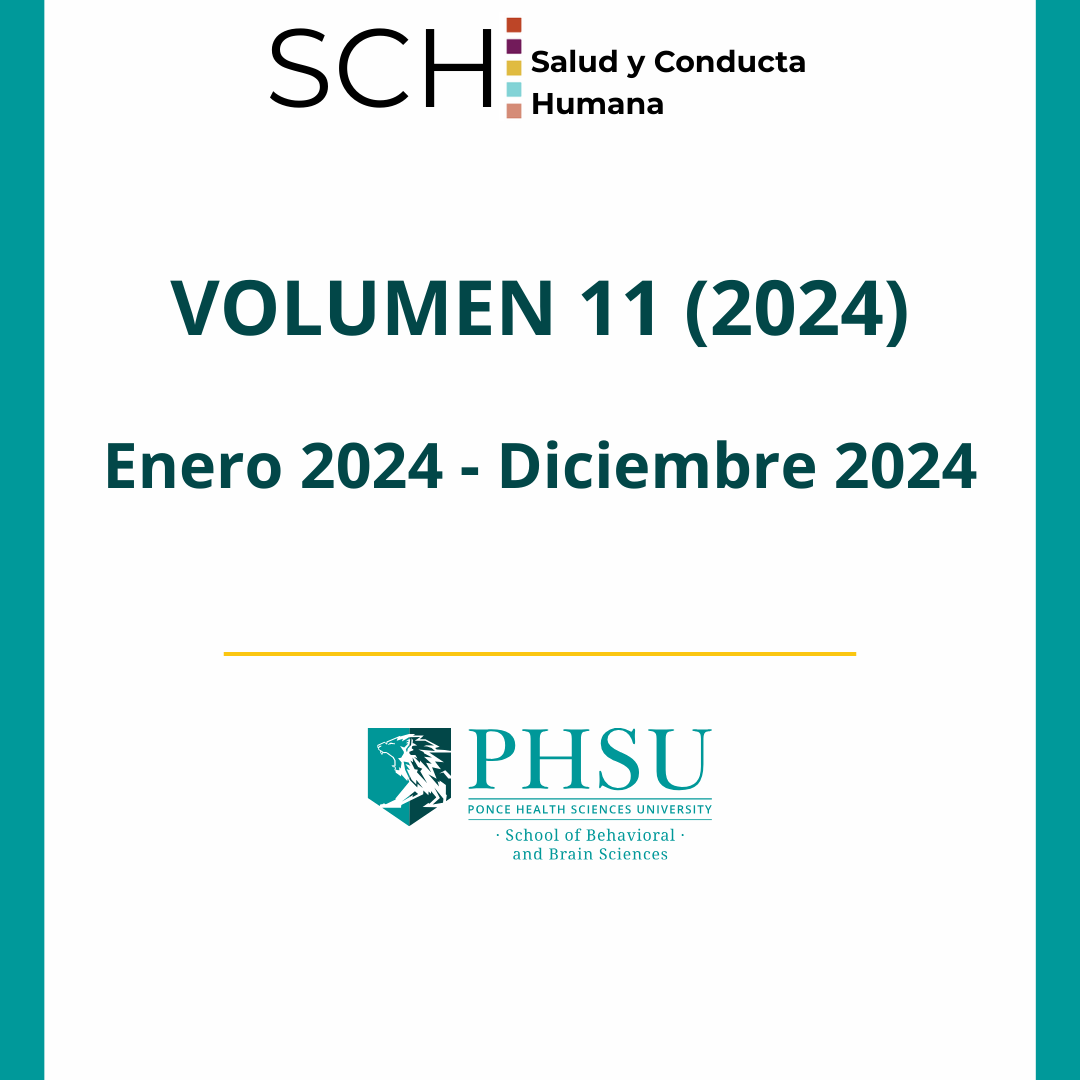Unusual Presentation of Baraitser-Winter Cerebrofrontofacial Syndrome: A Case Report and Review of Clinical Features
DOI:
https://doi.org/10.71332/5yt9st63Resumen
Baraitser-Winter cerebrofrontofacial syndrome (BWCFF) is an autosomal dominant disorder identified in less than 100 cases. It results from a missense mutation in the ACTB or ACTG1 genes. These genes encode for the beta (β)-actin and gamma (γ)-actin proteins, major constituents of the non-muscle cytoskeletal actin. BWCFF is strongly characterized by intellectual disability with facial and eye anomalies. However, different clinical expressions of this mutation have been documented. We present the case of a 23-year-old male with refractory epilepsy since the age of 15, mild intellectual disabilities, and facial characteristics such as a wide nasal bridge, wide spaced eyes, high arched eyebrows, and orbital hypertelorism. The patient also suffered an intussusception caused by inversion of Meckel's diverticulum, which has not been previously described in BWCFF patients. Sequence analysis and deletion/duplication testing showed a c.589G>A (p.Gly197Ser) variant in the ACTB gene, compatible with Baraister-Winter Syndrome. The increasing availability and affordability of modern genetic testing can aid in our understanding and potential development of treatment of complex neurologic disorders. This report highlights the importance of clinical suspicion and awareness of the classical features of this condition for the early diagnosis and proper management of these patients.
Descargas
Descargas
Publicado
Número
Sección
Licencia
Derechos de autor 2025 Salud y Conducta Humana

Esta obra está bajo una licencia internacional Creative Commons Atribución 4.0.


